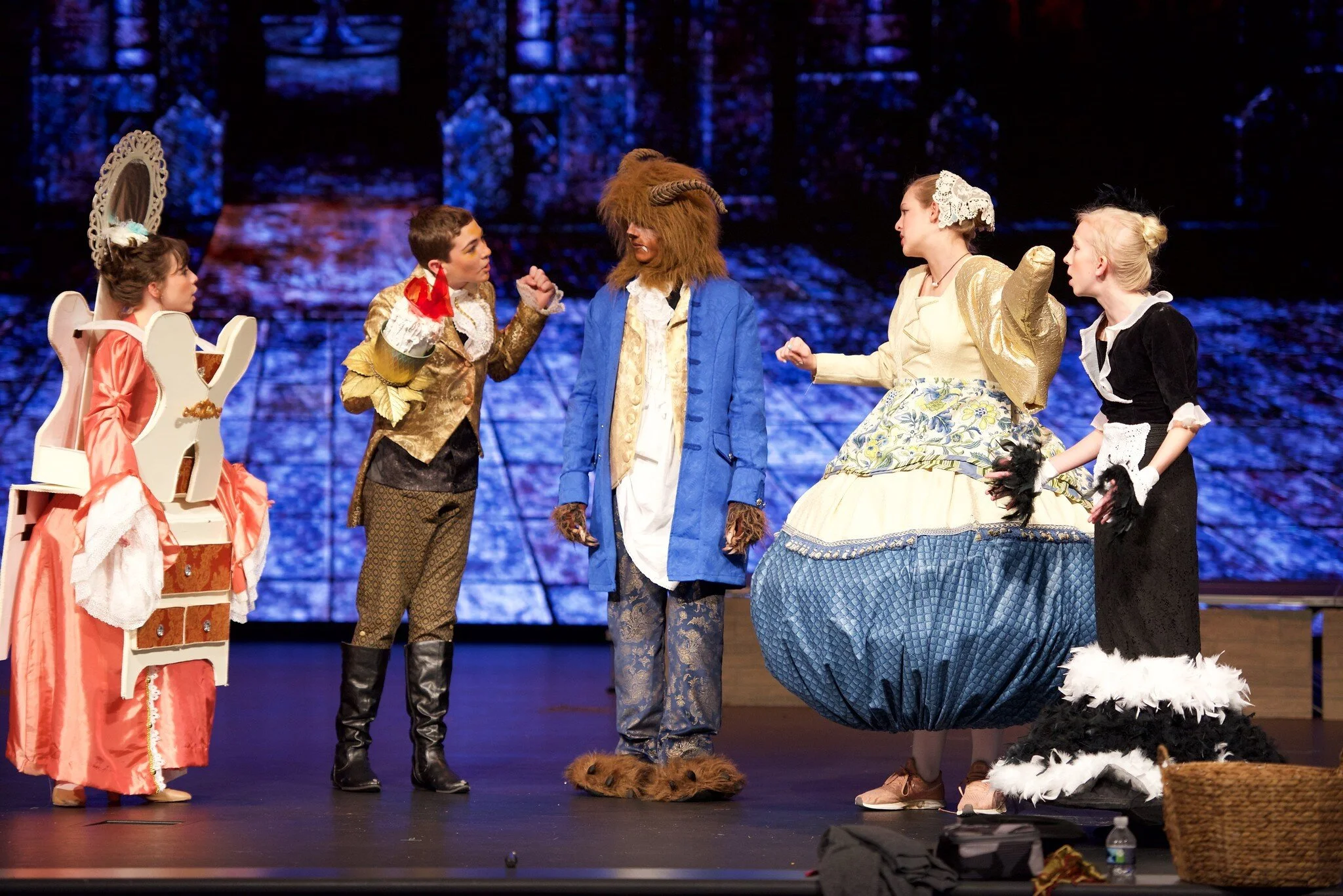How the Arts Point Our Students to Jesus
when paired with biblical truth, theater can be a dynamic tool for kingdom impact.
By Meredith Myers, Perimeter School Teacher and Perimeter School Alum
The arts allow us to know the character of God more intimately
Undoubtedly, we serve a creative God. Psalm 19 tells us that “The heavens declare the glory of God, and the sky above proclaims his handiwork.” All of creation is His masterpiece, magnifying the glory of His divine imagination.
Having been made in His image, remnants of this attribute linger deep within us. By exercising and experimenting with our innate drive to create, the arts provide a path to deeper understanding of who God is - creator, originator, designer - through a reverence for the vast glory of His creation.
The arts mold us to be more like Him
Further identifying God as an artist, Isaiah 64:8 says: “But now, O Lord, you are our Father; we are the clay, and you are our potter; we are all the work of your hand.”
The Father can mold and shape our hearts through unexpected means. One of the most powerful ways I have seen God use theater to push people towards righteousness is through the development of empathy. Because theater forces you to relate to characters and understand their perspectives, theater has been scientifically proven to develop empathy. A heightened sense of empathy helps us to love others well and follow the footsteps of a compassionate and merciful Savior.
Additionally, my favorite aspect of theater is that it is inherently a collaborative art form. In order to put on a production, it takes many, many hands and hearts working together towards a common purpose. It brings to life the Biblical truths found in 1 Corinthians 12, that “the body does not consist of one member but of many,” and that it takes a community effort of many God-given gifts and talents at work to create a complete whole.
The arts teach us to communicate the way Jesus did
One of my favorite aspects of Jesus’ ministry is how often he taught through stories. Jesus conveyed challenging lessons and profound truths by repackaging them in the form of parables. These parables are notably characterized by their reliability, as Jesus uses easily accessible metaphors such as sheep, crops, and feasts as ways of describing the kingdom of Heaven.
Much like the parables of Jesus, theater is a form of storytelling with which audiences can relate personally. Sometimes the truths hidden within the lines of a script are more overt, and sometimes they are less obvious. Regardless, students find great joy in uncovering these truths and playing a role in proclaiming them.
In one of our first rehearsals for our spring musical, Disney’s Beauty and the Beast Jr., we asked the students to consider what ideas we want our audience to take with them when they leave the theater. One very wise cast member responded: “Redemption. This story reminds me of how Jesus loves us, even when we don’t deserve it, and makes us whole again - just like the Beast.”
In bringing this show to life, students are internalizing the truths hidden within the story, and they are eager to proclaim these truths from the stage.
Because theater is a powerful form of storytelling, when paired with Biblical truth, it can be a dynamic tool for kingdom impact.
Perimeter School Drama is thrilled to present Disney’s “Beauty and the Beast Jr.” Thursday, March 5 at 4:30 PM and Friday, March 6 at 4:30 PM and 7:00 PM in the Main Sanctuary of Perimeter Church. Click here for more information.
















Lost children need their Savior.